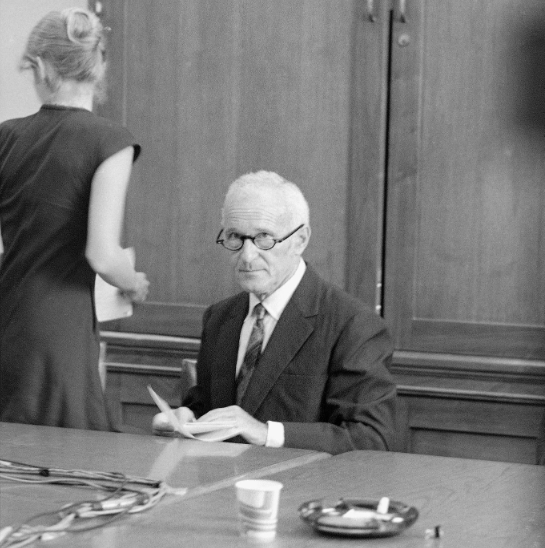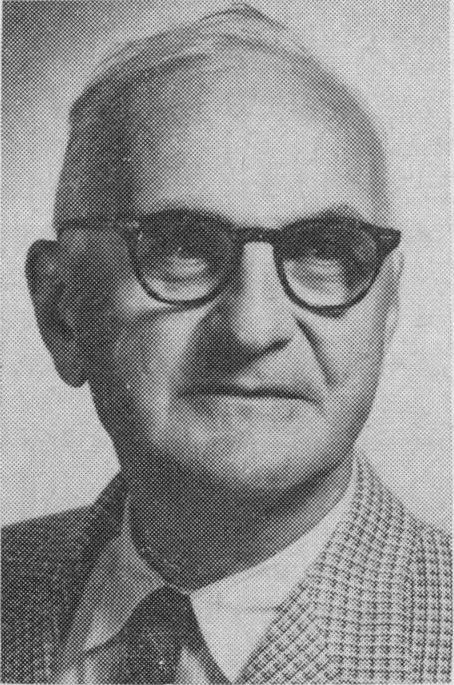Netflix’s ‘Agent Elvis’ follows the adventures of a fictional version of Elvis Presley. The rockstar is depicted as a vigilante who wants to clean the streets of America, fighting off one bad guy at a time. His missions become more dangerous when he joins TCB, a covert organization that is known to hire famous people as secret agents. In the quest to save the world from a mind control sonic device, Elvis stumbles upon an obscure project that is directly connected to him. Considering that a lot of things in the TV show are a depiction, even if heavily fictionalized, of real-life events and things, you might wonder if Project Tupelo was real. Let’s find out.
Project Tupelo is Not a Real Project
No, Project Tupelo is not a real project. Its name is a reference to Tupelo, Mississippi, where Elvis Presley was born. In the Netflix series, Elvis is experimented upon to create a mind control machine. In real life, the CIA was reported to have conducted illegal experiments on people. Called Project MKUltra, it was devised by Sidney Gottlieb. The origins of this project came from the concern that communists had come up with a mind control technique that they were using on the American prisoners of war.

To counter this, the CIA came up with its own plan to control the mind. They found that hallucinogenic drugs could be used to break down a person’s mental barriers and brainwash them. It could also be helpful in interrogations and torture as it would weaken a person’s resolve. LSD became the favorite choice of drug. Apart from injecting them with the drug, other techniques, like sleep deprivation and electro-shock therapy, were also used to weaken the subject. The idea was to find a way to weaponize it and take the fight offensive against the enemies of America.
The project is said to have been put into motion in the 50s, around the same time that Elvis served in the army, and continued for at least the next ten years. The test subject ranged from prisoners to soldiers to mentally ill people. While some were volunteers, most of them were either forced into the experiment or were completely unaware of it. Things came to an end when a top CIA official found out about the project and its “surreptitious administration to unwitting nonvoluntary human subjects.” This forced the agency to give up the program because experimenting on non-volunteers was highly unethical and couldn’t be allowed to continue.
Allegedly, the agency tried to destroy the evidence of MKUltra after the Watergate scandal. However, some documents survived, and around 20,000 of them were recovered during an investigation by the Senate. Over the years, people who had been experimented upon spoke out about it. Seven subjects had launched a lawsuit against the agency for the part it played. Reportedly, it was settled by the CIA.
A psychiatrist, D. Ewen Cameron, caught the eye of the agency during the 50s. He had earned a reputation for turning to unorthodox methods to help his patients. He used LSD and other similar techniques that would allow him to reprogram the brain of his patients. The CIA was looking for just that, and they allegedly brought him into the program. Cameron’s techniques were said to have induced “organic brain syndromes, damaging the central nervous system, reducing people to a zombielike state.”

One of his former patients, Velma Orlikow, talked with the Washington Post about her experience and the impact it has had on her life. She received 14 shots of LSD and was made to repeatedly listen to recorded messages for days at a time. The latter was called psychic driving. “I suffer from chronic depression, which sometimes becomes acute. I call these periods my black holes. I don’t see anybody, and I won’t leave the house. I can’t read, and I used to love to read. I can’t write a letter. I have unexplained fears. I wake up at night afraid, and I don’t know why. I’m trying to limp through my life like someone who’s been in a terrible accident that leaves them crippled,” she added.
Considering all this, we can assume that the writers of the show researched projects like this to create Project Tupelo. Despite its fictional nature, they wanted to story to be rooted in reality, telling the audience that this version of Elvis’ life isn’t as impossible as it seems. Tupelo and the mind control experiments in ‘Agent Elvis’ might not be real, but they appear to have been inspired by these real-life, secret, and highly illegal projects.
Read More: Is Agent Elvis’ TCB a Real Secret Agency?


You must be logged in to post a comment.